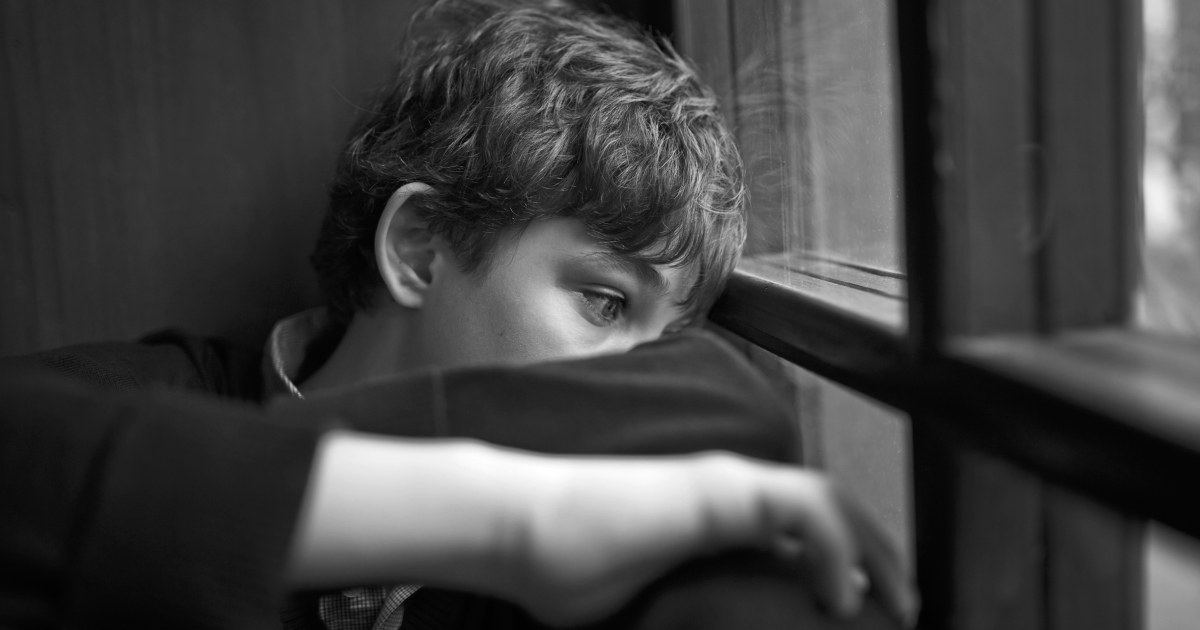
Routine screening for anxiety and depression may be useful for older children and teenagers, the U.S. Preventive Services Task Force said Tuesday.
But despite a growing mental health crisis among children of all ages, the group said it could not find enough scientific evidence to support regular screening for anxiety among children younger than 8 years old or screening for depression in kids under 12.
What’s more, the influential panel of doctors and scientists was unable to find evidence to support screening tools that look for suicidal thoughts in children of any age.
“We do not have the evidence to tell us whether or not it’s beneficial to screen younger children for depression and anxiety and all youth for suicide risk,” USPSTF member Lori Pbert, a clinical psychologist and behavioral scientist, said in a statement. “More research on these important conditions is critical.”
Indeed, mental health screening itself may not be enough to combat these issues, said Julie Cerel, a licensed psychologist and director of the Suicide Prevention and Exposure Lab at the University of Kentucky. She is not a USPSTF member.
Just because a teen passes a depression screening does not mean the adults around them should not get them help if they see extreme changes in mood or behavior.
Julie Cerel, UNIVERSITY OF KENTUCKY
One problem with screening, she said, “is that people feel like it rules out the possibility of future issues. You’ve screened negative, so we don’t have to worry about it.”
Cerel said in reality, symptoms of depression and anxiety can change quickly.
“Just because a teen passes a depression screening does not mean the adults around them should not get them help if they see extreme changes in mood or behavior,” she said.
An urgent issue
Mental health concerns, including intense feelings of sadness and hopelessness, among young people are growing astronomically and have been even before the pandemic.
A February study from the Centers for Disease Control and Prevention found that 1 in 5 teenagers in the U.S. had experienced at least one episode of major depression between 2013 and 2019.
And in 2019, nearly 19 percent of high school students said they had seriously considered suicide.
Even though suicide in younger children is rare, mental health professionals have reported that even students in kindergarten are increasingly in need of mental health support.
The task force is a group of independent health experts, backed by the federal government, who volunteer their time to review scientific evidence on a variety of medical screenings and interventions. The team’s advice is used to help guide public health recommendations, but it is not mandatory in clinical settings.
Indeed, while there may be a scarcity of evidence to support routine mental health screening tools among all children, experts say there is no harm in monitoring kids for such problems.
The task force is “just saying that, for the screening to take place systematically for every single kid that walks in the door, we don’t have enough evidence,” Cerel said.
But, she added, “it’s fully appropriate to look for kids who are struggling, talk to kids about anxiety and depression and get those kids that are indicating that they need help, the help they need.”
Mental health conversations can begin well before any symptoms occur.
Just as it’s appropriate to teach toddlers about their physical health — everything from brushing their teeth to eating broccoli — Cerel said young children also benefit from early lessons about their emotions and feelings.
If a child is feeling sad, for example, help them identify a trusted adult to talk with. Older children may be able to write down ways to calm themselves in case they experience feelings of anxiety.
The USPSTF draft recommendations are not final and are open for public comment through the next month.
Importantly, they are intended to guide decisions of universal mental health screening of kids. Young people who are showing symptoms of depression or anxiety should be referred to a specialist for care, the task force advised.
If you or someone you know is in crisis, call the National Suicide Prevention Lifeline at 800-273-8255, text HOME to 741741 or visit SpeakingOfSuicide.com/resources for additional resources.
Follow NBC HEALTH on Twitter & Facebook.

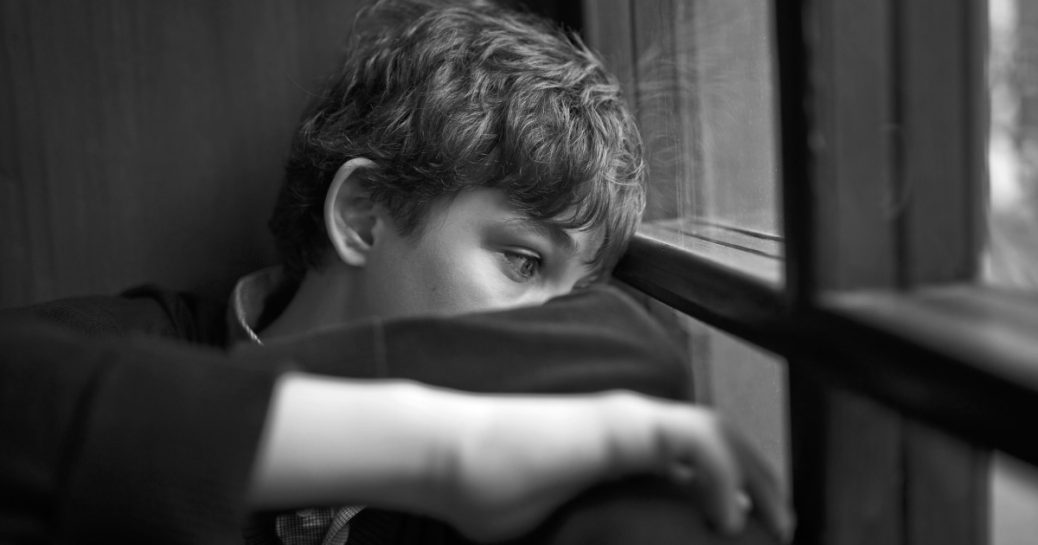


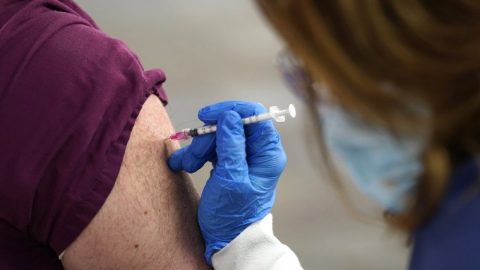

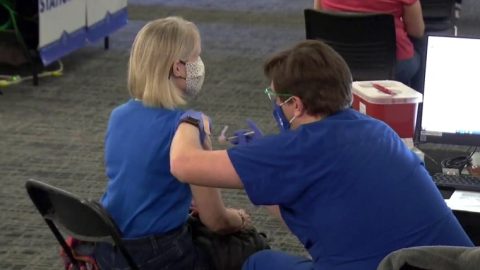

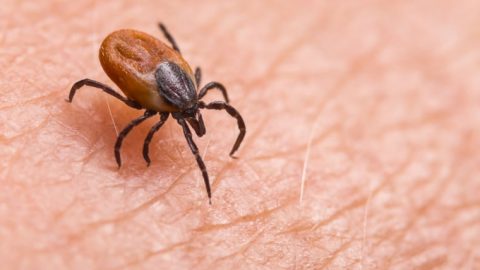

Recent Comments